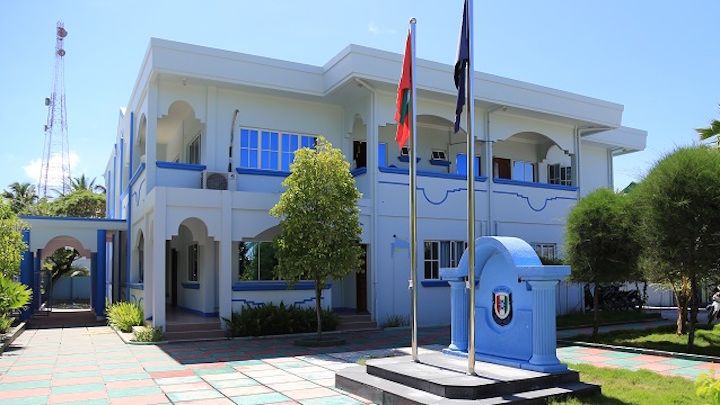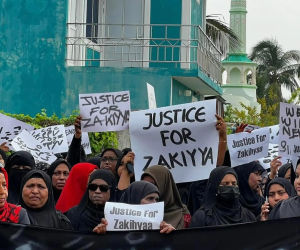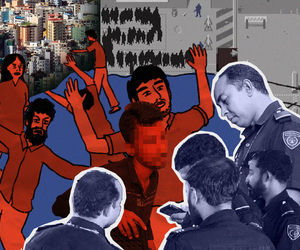Indian arrested on child abuse charges, MP seeks publication of sex offenders registry
Opposition Jumhooree Party MP Abdulla Riyaz has meanwhile asked the parliament’s government oversight to investigate the failure to publicise a mandatory national registry of child sex offenders.

14 Jul 2015, 16:49
An Indian teacher has been arrested on charges of child sexual abuse from the island of Gemanafushi in Gaaf Alif atoll.
The 40-year-old expatriate was arrested with a court warrant around 4:20pm yesterday, a police media official said. The suspect is accused of sexually abusing under-aged girls for a long period, the official added.
The police declined to reveal further information as the investigation is ongoing, but local media has identified the suspect as an English teacher at the Gemafanushi school.
He is accused of repeatedly abusing secondary grade students.
Become a member
Get full access to our archive and personalise your experience.
Already a member?
Discussion
No comments yet. Be the first to share your thoughts!
No comments yet. Be the first to join the conversation!
Join the Conversation
Sign in to share your thoughts under an alias and take part in the discussion. Independent journalism thrives on open, respectful debate — your voice matters.




